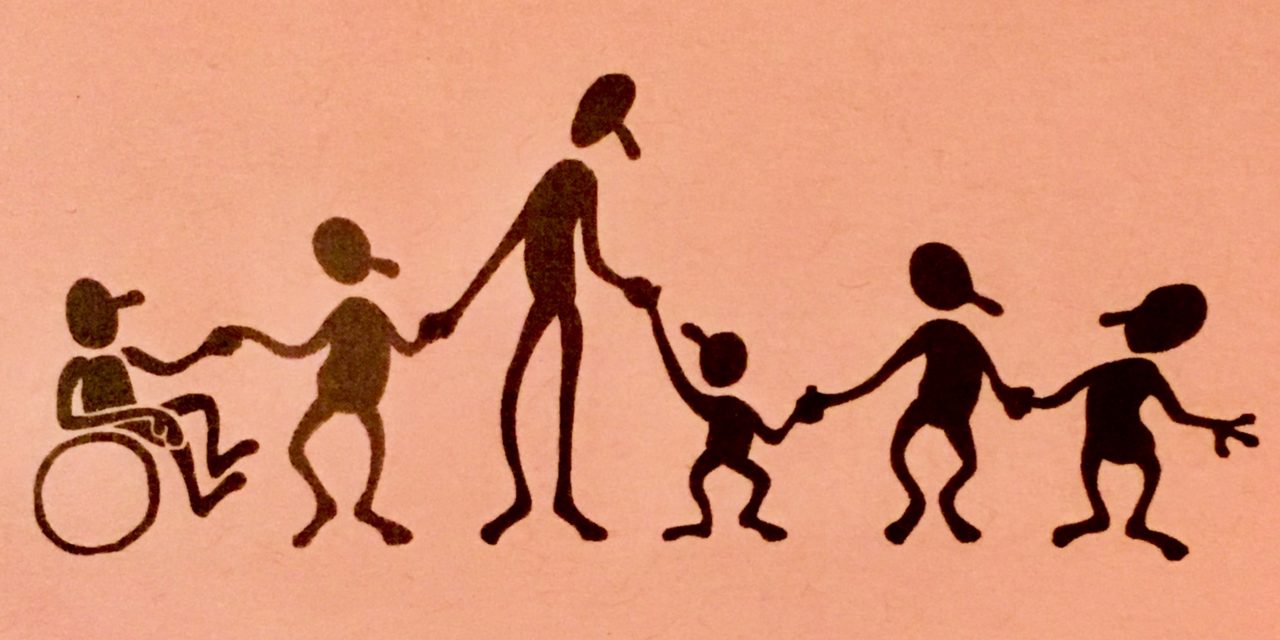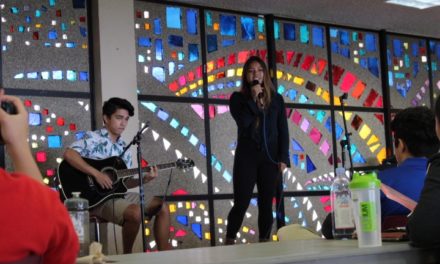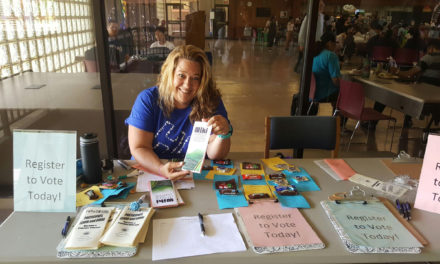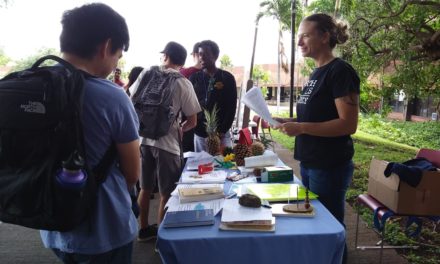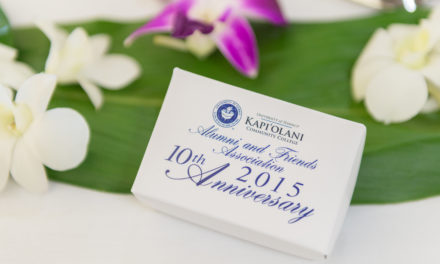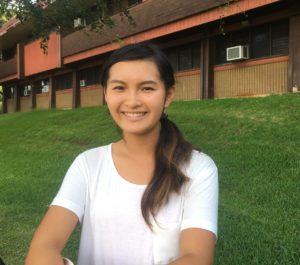By Katlin Cilliers | Staff Writer
Just before the start of this Fall 2018 term, the Disability Support Services Office at KCC had approximately 120 vacancies to provide note taking, scribe and reading services for students in need during the semester. In the last week of September, nearly halfway through the term, there were still 30 classes in need of note takers. A colorful list of sessions in need of workers hung Thursday, Sept 20 on the office wall, waiting for students to step up into the paid positions.
“You’d think that … they’re going to get paid to take notes,” said Kristin Chevalier, a student note taker and office helper at the DSSO. “It’s like, getting paid to go to class. [They] take their own notes, and yet, they still don’t want to do it. And … it’s weird. I don’t understand why nobody wants to do it.”
Some possible reasons for hesitation, according to Chevalier, are not knowing exactly what the job entails, fear of the extra responsibility — especially for freshmen — and having to commit to going to class every day. Having been a note taker herself and filling in during peak times, Chevalier has had positive experiences in the job over the four years she has done it.
“I think it’s pretty easy, like, once you get the hang of it,” she said. “… People get scared about paperwork, and the fact that they need to turn in, like, a time sheet and a contact log every pay period, and they have to actually come down and give it to us.”
For hospitality professor Amy Shiroma, becoming a note taker is a great way to help peer students in need.
“It’s a really nice part-time job,” Shiroma said. “You’re doing a service for somebody, if you are a student who, you know, is an avid note taker and you’d like to share … your notes with someone who needs it and is not able to, I mean … to me it’s a no-brainer.”
Shiroma feels it is part of their duties as faculty to help the DSSO find student note takers if they are struggling to do so. According to Pam Webb, DSSO’s coordinator, Shiroma is highly responsive to the office’s requests for announcements in her classes and strives to send note takers their way whenever she spots a potential good candidate.
Webb’s main concern is with ensuring that all students in need are being accommodated for the semester so that they can thrive academically. To do so, the DSSO works in sync with faculty, The Study Hub, takes part in events such as this year’s job fair, and hopes to join forces with the Employment Prep Center so as to attract more student note takers.
“I’d like to have no vacancies,” Webb said. “Simply because students who are going without note takers right now … there’s a need. … So, they’re struggling right now, to some extent.”
For confidentiality purposes, the job entails a good level of discretion and its duties are set in a way to preserve both student and note taker’s privacy during the process. Often, they never meet and interactions may happen via DSSO entirely. Some other times, e-mail exchanges can occur. A minimal amount of information is released about the disability as well.
“Unless the student is willing to share it, [professors and note takers] don’t know what the disability is,” Webb said. “They will [have access to] what the accommodation is only.”
Webb stated that even though the theme of student disabilities is delicate, current changes in access to information and an overall shift in people’s attitude around what it means to have a disability has helped students feel more welcomed, understood, and less stigmatized.
“As we go forward and there’s so much more information available, and understanding,” Webb said. “People begin to understand disabilities and it’s not something that should be hidden. … I think more and more people are feeling that it’s not something that they should be ashamed of.”
That is the case with Aidan Matsuura, one of the nearly 330 students being helped by the DSSO at KCC. Matsuura receives note taking, scribing, and flexible testing settings as an accommodation to his learning disabilities as he prepares to join KCC’s Radiologic Technology Program. The 21-year-old is currently taking two classes and receives DSSO accommodations for his Math 75x class.
“Ever since I’ve got the accommodations, it’s been really helpful,” Matsuura said. “I’ve been understanding the material, … connecting with my teacher and getting to learn all these things that I had a hard time before.”
Matsuura deems his academic journey “a fun ride,” since when he first started at KCC two years ago. He is now determined to make the most of his course by using planners, taking full advantage of office hours and personalized teaching, and using his accommodations to thrive.
“Throughout the years I’ve grown,” Matsuura said. “I just … getting all the help that I could get, so that I can succeed and graduate.”
To Matsuura, DSSO has been paramount in his road to success, from helping him with early registration, to organizing classes and pairing him with professors.
“They’ve been very, very helpful, and I don’t think I would have succeeded without them, honestly,” Matsuura said.
Those interested in becoming student note takers may reach out to kapdss@hawaii.edu.

